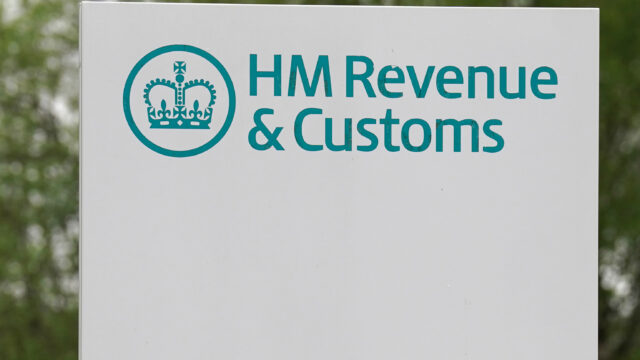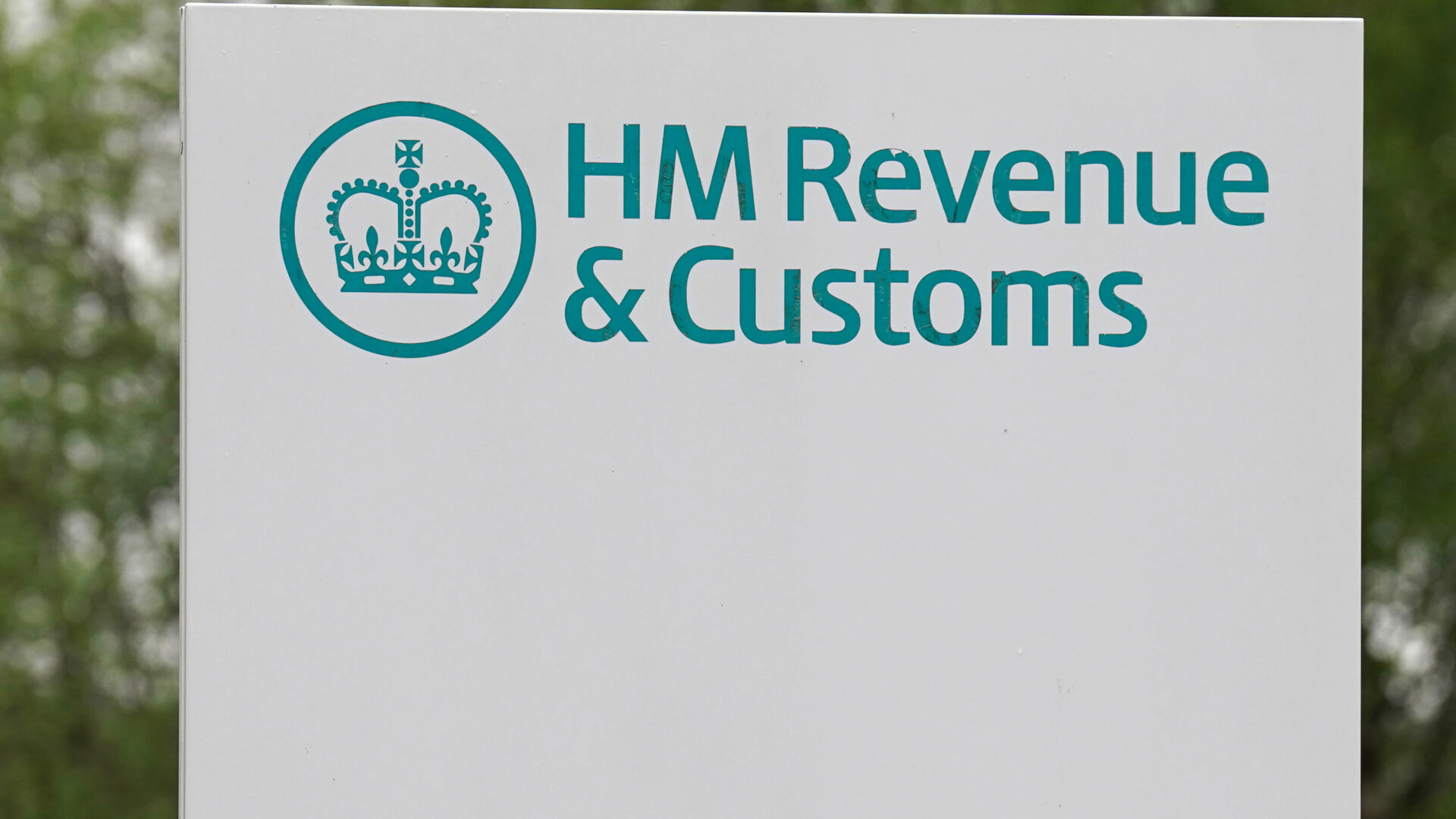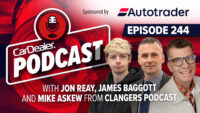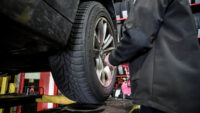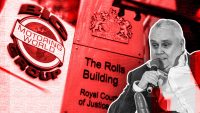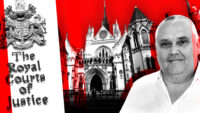An MOT centre which entered administration earlier this year managed to rack up debts totalling almost half-a-million pounds, new documents have revealed.
N. Scott Autos Limited in Oxfordshire collapsed into administration back in September after mounting debts left the business unable to survive under its existing ownership structure.
Christopher Errington and Paul Ellison, of KRE Corporate Recovery, were then appointed to lead the administration and the pair have now filed a ‘statement of administrator’s proposal’, laying bare the full extent of the firm’s finances.
The documents reveal that the small village company, founded and run by local couple Nathan and Lowri Scott, owes a staggering £449,658 to 18 different creditors.
These include HMRC, which is owed an eye-watering £289,409 in unpaid VAT and PAYE, leading to a wind-up petition being launched by the tax office.
In the latest documents, administrators say that the firm suffered ‘financial difficulties’ as a result of the pandemic and cost-of-living crisis.
Writing in the report, joint administrator Mr Errington says: ‘The company was initially funded by the directors and the business grew steadily over several years.
‘The company has generally been profitable throughout its trading, until its financial difficulties began. At its peak the company employed two members of staff.
‘The company began experiencing financial difficulties during Covid 19 and then the cost-of-living crisis further, significantly impacted the company’s margins.’
The papers also reveal that on the same day that administrators were appointed, the firm’s business and assets were sold to connected company, N. Scott Accident Repair Limited, in a ‘pre-pack deal’.
Arranged by the administrators, the £24,000 deal was designed to maintain continuity and preserve more asset value than a traditional liquidation.
‘Rescuing the company not achievable’
Elsewhere in the report, the administrators admit that what remains of N. Scott Autos Limited is likely to be wound up.
They found deficiencies exceeding £429,000 and estimate no return for unsecured creditors.
Meanwhile secured lenders are only set to receive limited recoveries and preferential and secondary preferential creditors, including HMRC are unlikely to recoup their money.
It has also been revealed that the firm secured loans from two chargeholders as it battled to stay afloat, but the additional money was not enough.
Writing in the report, Errington said that ‘the objective of rescuing the company as a going concern was not achievable’, explaining that no buyer could be found for the shares and debts to HMRC ruled out a voluntary arrangement.
He added that the proceeds from the business sale would not cover unsecured creditors.



